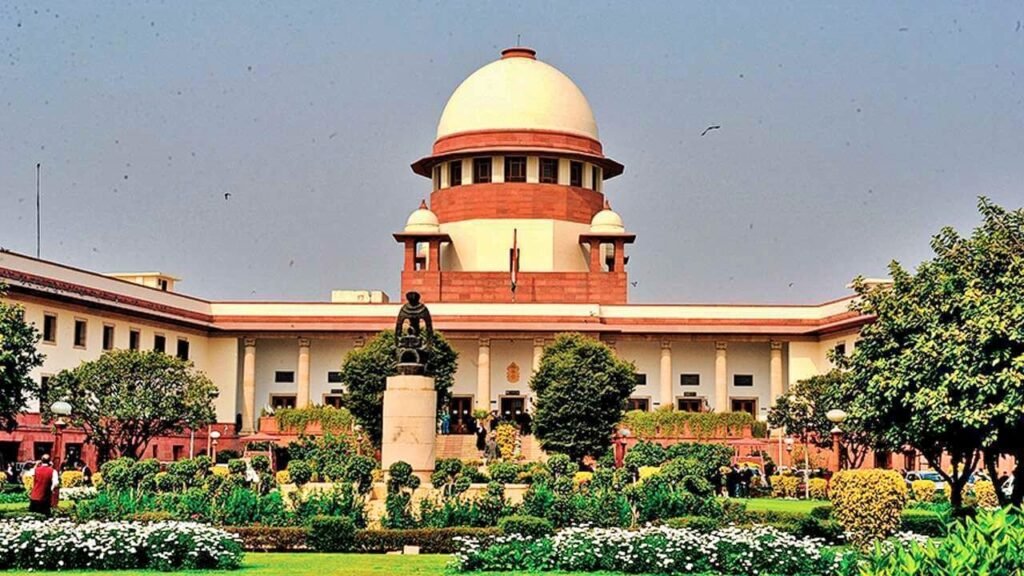
New Delhi: In a landmark ruling, the Supreme Court of India has reinforced its stance on transparency within political funding, directing the State Bank of India (SBI) to provide comprehensive details of electoral bonds. This includes the alphanumeric and serial numbers of the bonds, which are crucial for establishing the connection between the purchasers and the recipient political parties.
The bench, led by Chief Justice DY Chandrachud, emphasized the non-negotiable nature of this disclosure, stating that SBI’s compliance is not a matter of choice but a legal obligation. The court has ordered SBI to submit an affidavit by March 21, affirming that all data held by the bank has been fully disclosed.
During the proceedings, Senior Advocate Harish Salve, representing SBI, assured the court of the bank’s readiness to comply with the disclosure of bond numbers. Meanwhile, Solicitor General Tushar Mehta, representing the Centre, highlighted the broader objective of the electoral bond scheme to combat black money. He expressed concerns about the public and media reactions to the court’s judgment, suggesting that it has led to a level of scrutiny that extends beyond the government’s actions.
Chief Justice Chandrachud responded to these concerns by reiterating the judiciary’s commitment to the rule of law and constitutional governance. He acknowledged the discussions surrounding the court’s decisions on social media but maintained that the judiciary’s role is to uphold the law without influence from external pressures.

This decision marks a significant step in ensuring accountability in political donations, potentially altering the landscape of electoral funding in India.

















































